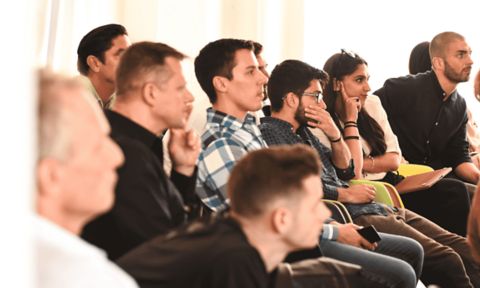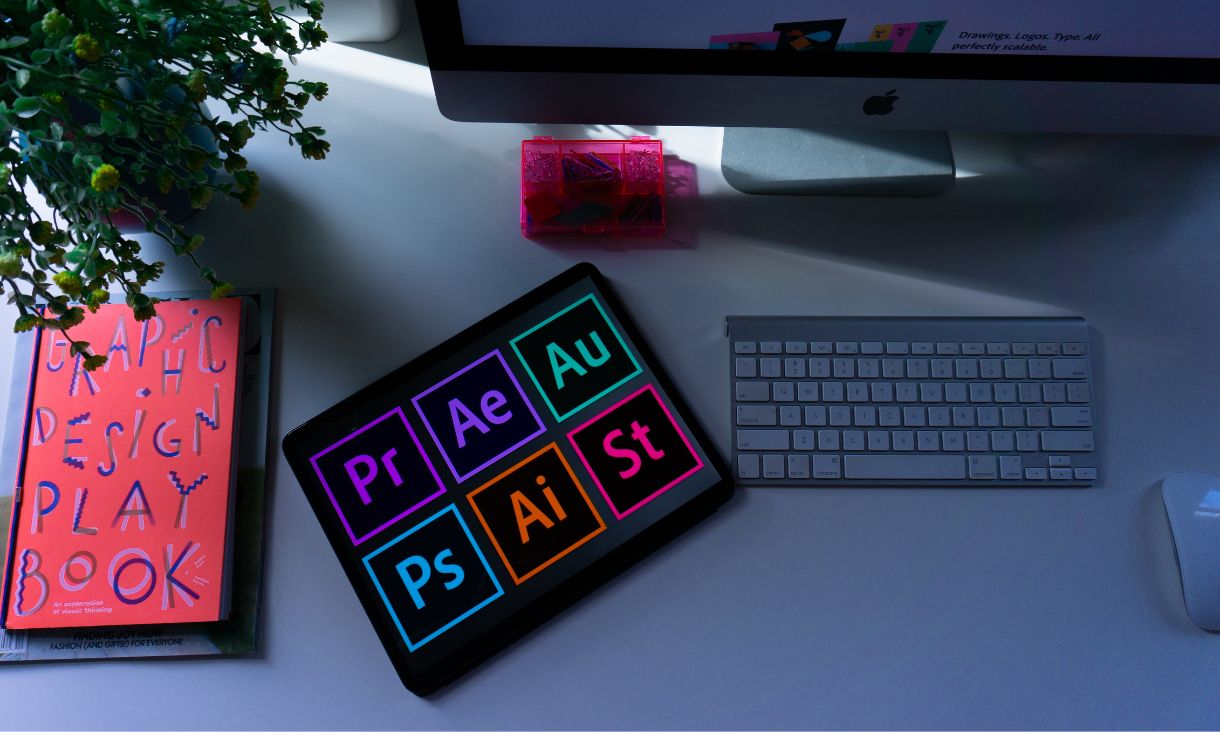How did VE Career Support (Skills and Jobs Centre) help Biba and their classmates with workshop facilitation skills?
Biba mentions that the VE Career Support Team (Skills and Jobs Centre) were helpful in establishing the structure of an employment workshop, where important processes, including how to write a Resume and Cover Letter, were broken down into teachable bites of information. Especially when it came to motivating people to identify ‘transferable skill-sets’. This shines a light on all the skills we have from our life-experience that we may not immediately be aware of. Skills that can all contribute to a workplace environment. The self-recognition of these skills also builds an individual’s confidence when applying for roles.
An additional skill that Biba mentions is adaptability. After running workshops in public, the Youth Work students and Teachers realised the importance of meeting the Youth where they were at in their journeys. In the future, reaching out to the organisation beforehand would be most useful, to understand what sort of information the Youth were most ready and willing to hear. Biba and their peers found that a commonality amongst the public workshops, was that Youth were most interested to hear the Youth Worker’s personal stories and how it led them to their Youth Work studies at RMIT.
Have these facilitation skills been of use in any other way?
Biba works at Orygen, a service for Young People in Melbourne. Biba states that these skills have been useful to share with their colleagues, especially when it comes to identifying transferable skills. As this empowers Youth to feel job-ready, realising what they already have to offer, and applying for a role even if they do not meet every area of the criteria. Biba feels confident breaking down resume and cover letter writing into teachable chunks when sharing with Youth. Biba also emphasises the importance of identifying pathways into study, as it allows Education to feel more approachable to Youth. Biba’s understanding of the free TAFE options available to Youth, means they can integrate this information into their discussions with Youth.
Are there any valuable lessons learnt in the process of facilitating workshops to Youth?
Biba mentions that it is always useful to find out the needs of the audience (where possible) before creating a workshop or be ready to adapt if needed. As it is best to tailor your workshop to allow your content to be relevant and valuable to the individuals present, rather than assuming that you know the content they need to hear. Biba has found that presenting the participants with a survey beforehand helped them gauge where the Youth were at in their lifestyles and how ready they were to seek employment / study.
Biba also states that it is important that Youth are supported by Youth Workers they can relate to. Youth need good examples of people who have come from similar upbringings and/or situations. Youth will disengage if they do not feel represented. They need to see that people similar to themselves have made progress and found success. If they can relate to the people they are working with, they can find a common ground and sense of trust to take steps forward.
What makes a good Youth Worker?
Biba says that the biggest take-away from their course was that their teacher Trevor reminded students that as Youth Workers, we are still humans and we aren’t always going to do things perfectly, and that is okay. Maintaining a reflective practice allows us to realise what worked and what didn’t, and therefore adapt when moving forward.
Biba speaks about the importance of being self-aware and active in your own mental health as a Youth Worker. Seeing a therapist, if need be, doing things that fulfil you in your personal life, having a good support network, giving yourself the opportunity to debrief / reflect. Knowing when you have reflected enough. Not letting your own lived experience (trauma) motivate the way you support people. Being there because you genuinely want to help the person, not being there to impose your own story onto others. As an extension of this, it is good to find common ground with Youth, while maintaining professional boundaries.
Biba says they want Youth to feel part of a community and more than that, a family. As a result, they have set up a weekly ‘Family Brunch’ at the Orygen Youth Centre, to foster belonging, conversation and connection. They want to provide a space where Youth can feel safe and comfortable enough to share information about what is happening in their lives over a meal. Biba wants every individual to feel seen, heard and valued.
This article was written by Helena Esposito from the VE Career Support / Skills and Jobs Centre Team.







